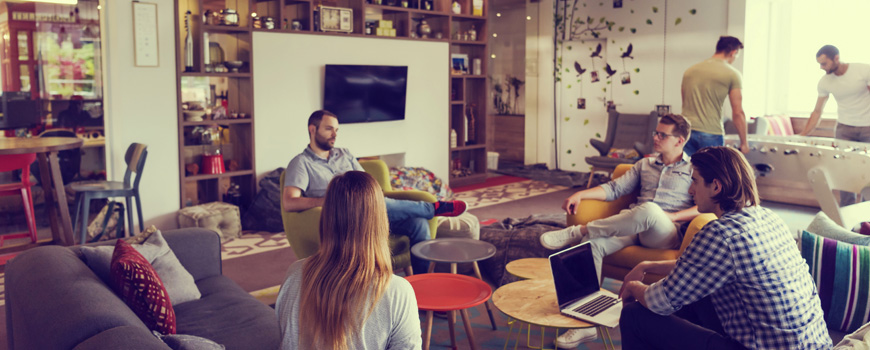
We need to provide fiscal incentives for organisations (companies, charities, councils, associations, etc. ) to buy electric vehicles for their automobile fleet
Organisations buying a lot of cars could help to reduce air pollution through the purchase of EV fleet. Fiscal measures such as tax reductions or subsidies could encourage organisations to adopt an EV fleet.

We need to implement an incentive programme that allows electric vehicles to be exempt from road tolls
The switch to an electric car could be expensive. People often question the economic interest of such behaviour. Incentives could encourage people to purchase EV.

We need to provide fiscal advantages for organisations to build their own charging networks for electric vehicles
The fear of running out of power during a journey could dissuade people from purchasing a EV. Improving the infrastructure could alleviate their concerns and encourage drivers to switch to electric vehicles. Providing fiscal advantages for organisations that build charging networks for electric vehicles can be financed via subsidies or tax reductions.

We need to provide information (maps, apps) of the electric vehicle infrastructure
Making electric vehicles more convenient could reduce drivers’ anxiety. In addition, information as real-time updates, available charging points can reduce driver’s anxiety and enhance user’s experience.

We need to propose a european standard plug for fast charging via a norm
Making electric cars a more convenient and easy option can boost the demand. A technical norm could be created to specify a common plug system to ease universal charging of EVs.

We need to create cradle to cradle best practices in the design and manufacturing processes of electric vehicles
The sustainable nature of electric cars is often questioned by people. Moreover, producing cars both electric and made from reusable materials (aligning with cradleto- cradle standards), will benefit the whole value chain. A PPP could provide norms, best practices and guidelines that help electric car manufactures to recycle.

We need to build electric vehicle parking spots at public transport stations in rural areas
Public transport is primarily provided in urban areas and the lack of availability in rural areas can force rural residents, through lack of alternative options to take their cars increasing both congestion and pollution. If the infrastructure for e-cars were developed at public transport stations, rural residents might be more inclined to use public transport to travel to the city.

We need to offer the possibility for participants of a car-sharing service to book vehicles and park in non-dedicated spots
The booking option aims to relieve the fear that some drivers may have in terms of not being able to find a car or parking spot when needed. Furthermore, the convenience of a car sharing service, namely the ability to park in more spaces, is key to progressively replacing personal cars.

We need to create a serious game - cumulate smart mobility points when using hybrid car sharing vehicles
The sense of freedom associated with the possession of a car still a strong deciding factor for individuals. To appear as a credible solution, car sharing should consider this facet of mobility by promoting intermodality. The points obtained in the Serious gaming could be converted into advantages such as discounted public transport tickets or the free rental of a bike for one day. Such incentive could encourage users in a virtuous green circle.

We need to propose car-sharing membership fee that is determined pro-rata according to income
This measure enables students, the unemployed, and other low-income earners to access this service; evidence suggests that the average car sharing user's profile is generally a 30-45 years old man with high education benefiting from higher incomes compared to the average income of inhabitants. This political measure is imbued with social justice. It seeks to enable a greater number of people such as students, unemployed, retired people to access this service.

We need to allocate specific parking spots for drivers of car-sharing services
Finding a parking spot can be very difficult and time consuming especially in densely populated areas. Moreover, the cost associated with parking can be substantial. Provide car sharing specific parking spots could be a real game changer for the promotion of car sharing. it would be interesting to locate these parking slots near train stations, airports, business areas, bus stops, universities, etc.

We need to include a range of car models within citywide car-sharing programmes
The satisfaction of users experience is key to generalise a practice. In this perspective, car sharing services must find innovative ways to attract new users. The aim of this measure is to attract new categories of users such as: families, students, disabled persons, etc. For instance, a car equipped with baby seats or adjusted cars for wheelchair people are car models that could satisfy specific categories of users.

We need to subsidise the creation of electric car sharing programmes in medium cities
The development of electric car sharing services has been so far, the prerogative of metropolis because of population densities and economies of scale and parking constraints. Democratise car sharing practice in medium cities is a political decision. Central government must support the development of car sharing in medium cities by providing subsidies/interesting loans. This financial measure could encourage the implementation of car sharing companies. It should be consistent with local policy measures such as: promotion of soft mobility, parking restriction and limitation of car pollution.

We need to offer training sessions to enhance car sharing practices hybrid
To democratise car sharing and attract new users, it is necessary to inform and teach the basics of car sharing. The objective of such measure is to inform potential users about:
- The working of the car sharing platform. This type of training could be beneficial to people who are not familiar with digital technologies.
- Know-how to drive an electric car. The use of this type of vehicle could be taught during driving lessons at driving schools

We need to provide fiscal advantages for businesses in dense urban areas to implement flexible working hours and/or teleworking
Public transport can be very crowded during peak times, encouraging many people to take their car. This fiscal measure (subsidies or tax reductions) encourage companies to implement flexible working hours and/or teleworking, thereby reducing the congestion in public transport during peak times.

We need to include spaces for bikes on the metro, trains and buses
Public transport cannot take/drop users at their exact start/finish points of their journey. The first and last kilometres of a trip to reach a destination could dissuade users from choosing to take public transport over their own car. Addressing this gap by developing the transport network into a multi-modal system, will encourage more people to take public transport.

We need to set a strategy to have a bus fleet that is 100% electric/biofuel/hybrid by 2025
Diesel-fuelled buses account for 50%-60% of the public transport in Europe and are responsible for around 6% of total EU emissions. Decarbonizing buses will help to reduce pollution and achieve climate goals.

We need to offer free or discounted public transport tickets to attendees of major entertainment events
As individuals are increasingly expecting customised experiences, public transport must innovate to attract new customers. The objective of this measure is to appeal to non-users of public transport by offering them discounted public transport tickets when they purchase an entertainment ticket (such as to a concert, football game, amusement park, etc.). The economic shortfall could be offset by local public funds.

We need to increase security measures in public transport stations
Safety is a concern for many travellers, meaning that many are reluctant to use public transport. According to this measure, the policy should:
- Ensure full coverage of CCTV and clearly identify any gaps;
- Create a “Warning” app/button that allows travellers to alert security services in real-time;
- Require police to use public transport to/from work, reassuring passengers and providing them greater security with their presence;
- Clearly identify to passengers if the station or vehicle is manned and where a passenger can seek assistance/find security personnel.

We need to offer a metro service that runs 24 hours a day on the weekends
As individuals are increasingly expecting customised experiences, public transport must innovate to attract new customers. This policy not only encourages people to take public transport, but it also discourages people from driving while impaired.

We need to provide fiscal incentives to energy companies developing freemium services that enable the public to use smart technologies for their electricity bills
The deployment of smart technologies in societies is questioned by citizens. Certain smart technologies such as smart meters may be rejected by citizens if their value is not understood. The users would access freely to a range of services developed by companies to enjoy the technology and possibly save energy and money. Municipality can be the beta tester of the services created before their roll out individual households.

We need to create a programme to involve citizens in the co-design of smart technologies
Certain smart technologies are rejected because of the lack of citizen’s involvement in the conception of the product. This involvement could be made possible through workshop sessions between companies and users which could encourage the uptake of smart technologies.

We need to attribute the data ownership to final users and set up mechanism to control the protection of data
Invasion of privacy and data protection are two delicate topics which slow down smart technologies implementation. The attribution of data ownership to the final user and the establishment of a set up mechanism to control the protection of data could be a real game changer in the acceptation of such technologies.

We need to hold public show case events to popularise smart meters and energy efficient technologies
To democratise smart technologies, it is necessary to evince transparency. Organising meeting and exchange of experience activities between early adopters and other citizens would encourage discussion around the advantages and disadvantages of smart technologies. It could help reluctant citizens to get a sense of the potential impact of smart technologies on their personal life.

We need to provide fiscal advantages for individuals to implement energy refurbishment
Achieving EU renovation objectives requires ambitious financial support to encourage households engage in such projects. This measure could provide:
- Financial support such as loans, subsidies etc., could help initiate energy refurbishment and could be awarded on the basis of income for the purpose of social justice. If loans are preferred, they could be reimbursed via the energy saving achieved;
- Financial support could be also focused on encouraging comprehensive renovation projects. In this case, fiscal advantages could be based on the scope/degree of energy refurbishments.
This recommendation could also result in reducing people’s energy bills while simultaneously boosting their comfort.

We need to facilitate energy refurbishments by creating a « one-stop-shop » that can provide all the relevant information to households
A complicated administrative process to initiate energy refurbishments can dissuade households from undergoing such changes. Thus, a reduction in the number of contact points involved for customers throughout the process could encourage citizens to initiate energy refurbishment.

We need to promote energy refurbishment clubs in neighbourhoods or communities
Achieving the renovation objectives set by EU requires ambitious financial support to encourage households to engage in energy refurbishment projects. The purpose is of these Energy Refurbishment Clubs is to address renovation issues and lobby political actors. These associations would benefit from economies of scale when purchasing energy refurbishment services/materials for the community or neighbourhood

We need to set up a quality norm/label for the energy refurbishment companies
The inability to offer a guarantee to households in terms of energy savings is a barrier to household energy refurbishment. Such certification could encourage households that have doubts about initiating an energy renovation. A suitably certified company that has gained accreditation and displays a label must provide an estimation of the energy saving and guarantee the results (nonetheless it is necessary to determine an error rate).

We need to develop a school education programme related to energy and its challenges
Teaching sustainable development is becoming a standard in European countries. Ensuring curriculum on energy related topics as the first step to raise people’s awareness, diffuse best practices and make citizens more aware of their roles and responsibilities in achieving sustainability goals.

We need to provide fiscal advantages for green energy cooperatives to operate and up-scale
The development of energy cooperatives is not well-supported by governments. There is a lack of interest from traditional energy companies that have monopolised the sector. The measure supports the development and operation of green energy cooperatives. It could include feed-in-tariffs, subsidies such as tax cuts, etc. Only energy cooperatives that generate electricity from RES are eligible for these fiscal advantages.

We need to provide fiscal advantages for local communities to establish local energy cooperatives
Communities do not want to engage in energy production projects because of the administrative burden and the high proportions of CapEX). Financial support as loans, subsidies etc., could enable local communities (citizens and small and medium enterprises (SMEs)) to invest in (collective) renewable energy infrastructure (i.e. solar panels, wind turbines) and establish a local green energy cooperative. This measure could be complemented with support for the establishment of technical feasibility studies on renewable energy.

We need to provide financial assistance to create and develop “energy clubs” within local communities
The non-commercial spirit of green energy cooperatives and the participation of volunteers is an important asset but also a weakness. Supplying an energy market demands technical knowledge, a professional organisation, and entrepreneurship. Energy Clubs are local bodies, often made up of a large workforce of volunteers, which offer personal advice about aspects of energy conservation & renewable energy. Information evenings & mentoring sessions are also held to promote the social dialogue with the support of local authorities. Financial assistance could motivate citizens engaged in local energy cooperatives to create Energy Clubs & education activities. This could be complemented with the provision of co-working spaces and meeting rooms in public buildings.

We need to implement a regulatory framework that provides consumers with information on the energy sources used
Energy bills and energy letters from traditional suppliers are difficult to understand, and very often do not provide clear information about the source of energy used. The objective of the measure is to inform consumers about the energy sources and the GHG's emissions of their energy provider. The possible impact of understanding energy bills and sources of energy consumption could indirectly lead citizens to join or establish local green energy cooperatives or reduce their energy consumption.

We need to implement a regulatory framework that offers lower energy tariffs to citizens in communities directly affected by large scale renewable energy projects
Local energy production can be slowed down by pubic acceptability. Although many people support the development of energy cooperatives, often have strong reservations about the real impact of these energy technologies at local level (wind, solar, etc.). To reduce these dilemmas, citizens impacted by the development of large scale local renewable energy initiatives (visual and noise impacts) could benefit from advantageous energy tariff by energy cooperatives. The financing of this measure could be shared between the companies and the local/regional authorities.

We need to implement a feed–in-tariff scheme for households/cooperatives to sell excess electricity back to the grid
The implementation of self-consumption is at early stages in many European countries. Financial schemes should be set up to favour self-energy consumption. This financial incentive could apply to both renewable energy production systems owned by individual households or third parties and self-consumption projects developed by green energy cooperatives. Excess electricity can be sold to grid to generate income and reduce electricity bills, thereby making more attractive self-consumption models. The temporary nature of the feed-in tariff is crucial to ensure the acceptance and the viability of this measure.

We need to create a public web platform to inform citizens about energy self-consumption
Generally, people are not well-informed about energy-related issues, sustainable energy options or how they can be independent from large energy companies. This platform can include MOOCs, videos, blogs and social media that help to democratize self-energy consumption. Its contents could be created by universities and energy associations, which can diffuse “best practices” on this topic and share their expertise.

We need to use public assets to stimulate demonstrations of self-consumption solutions and encourage new business models
Demonstrators will be conceived of as socio-economic and technical pilots for innovation and market uptake. Such measure could then help co-creating potential effective business models and services to make on-site generation accessible to a larger number of consumers. New financial schemes such as leasing contracts for batteries, new ways of sharing costs (decreasing up-front investments) and new partnerships should be explored.

We need to create and implement win-win financing schemes for tenants and owners to adopt re installations
On average, the share of tenants in countries covered by the ENTRUST project is around 30%. The tenant-owner relationship is a real dilemma in terms of energy. This measure will promote the adoption of RE installations for self-consumption. A fair agreement should be found to satisfy both parties regarding the distribution of gains and costs over time. Authorities could play a role in guaranteeing this type of agreement.

We need to adopt a european directive to redesign the network and promote the selfconsumption of electricity
The promotion of self-energy consumption cannot result only from bottom-up initiatives. It should also be supervised through a directive. The purpose of such regulation aims at integrating energy self-consumption in national energy mix. The Directive should provide an objective of self-energy consumption as well as a guideline for their integration in the energy network.
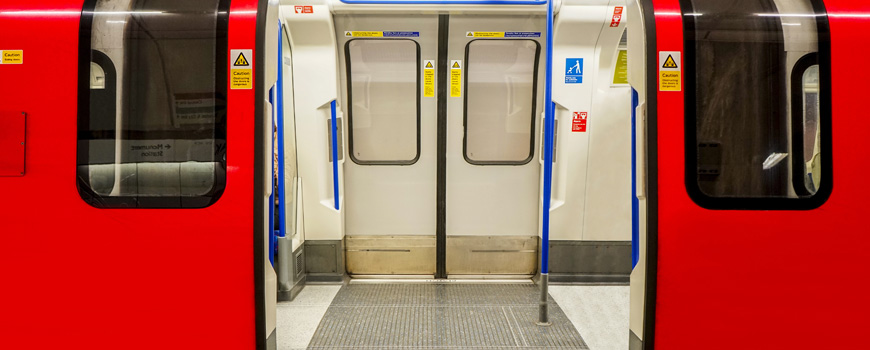
We need to invite artists to turn metros and buses into works of art.
We will hold competitions between the public at large to decorate metros and buses. After a vote on the proposals by the public, the artist will be commissioned to create the art piece. Starting with one train car per line, the innovation will be expanded, if successful/popular/incentivising people to use public transport. As the innovation is an opportunity for emerging artists to promote and express themselves, the artist will not get paid. Therefore, costs are kept low, comparable to maintaining the metro car. Potential collaboration with art schools advocated.

We need to promote the purchasing of electric vehicles
Policies that make it easier to combine long distance traveling with the purchasing of electric cars, by offering cheap and easy access to rent fuel vehicles for long distance trips, like cheaper train tickets, or car sharing. This needs to be combined with a public awareness campaign.
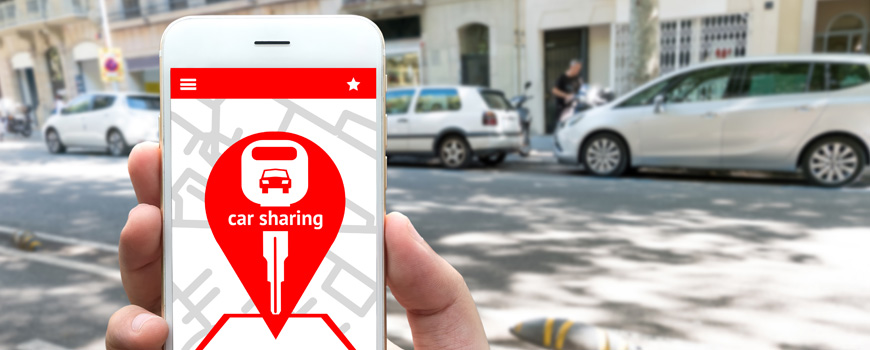
We need to increase the practice of car sharing
Enable the use of shared cars by increasing the number the car parking spots exclusively for the shared cars across cities/municipalities while, at the same time, increasing the price of "normal" car parking spots.
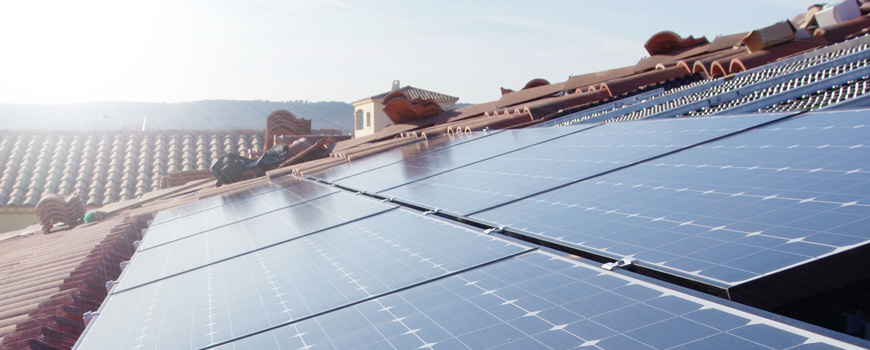
We need to enable energy self-consumption we need to change our building code in order make participation in the energy market mandatory
* smart meters * device to produce energy * device to store energy

We need to create a state led carpooling platform
We need to create a state-led carpooling platform where people can register and receive incentives like special tariffs, tax deductions, and green car registry incentives. The platform would set certain standards of safety, accessibility, efficiency, environmental, etc. People should create a personal profile where they put basic information, and get reviewed according to the experience. To address accessibility issues we are proposing installing interactive kiosks in the street.
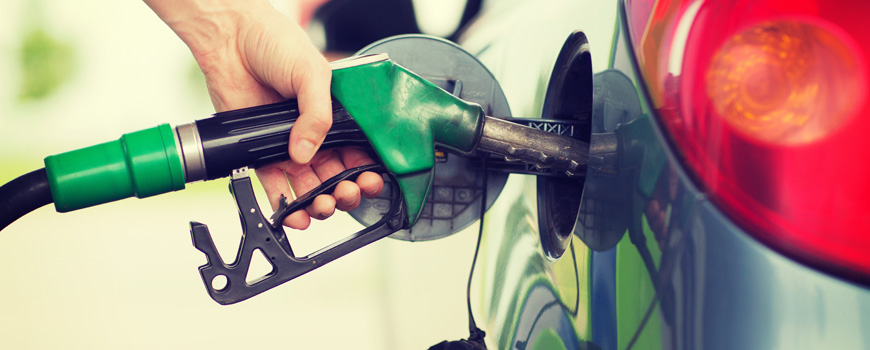
We need to taxes to fuel that are invested in electric vehicles
Implement taxes to fuel consumption that can be later re-invested in subsidies to decrease the price of Electric Vehicles or on soft loans that are accesible to all the people to buy Electric cars, this should be implemented along side a public awareness campaign financed through the same taxes, to inform the general public on the existence of the loans and subsidies, but also on the improvements and positive aspects of electric vehicles.

We need to enable green energy self-consumption we need to create mandatory hands-on classes in schools to promote smarter consumption partners
* hands on classes * diverse classes and workshops that have to do with responsible consumer behavior

We need to persuade citizens to initiate thermal refurbishments through nudges on electricity bills, subsidies for equipment, imposing a progressive system of electricity costs through a rating system and minimum energy efficiency requirements to be able
We need to persuade citizens to initiate thermal refurbishments through nudges on electricity bills, subsidies for equipment, imposing a progressive system of electricity costs through a rating system and minimum energy efficiency requirements to be able to lease property.

We need to increase the practice of car sharing
Combine education, persuasion and economic incentivisation by increasing advertising and awareness among target groups for example, the elderly and lower income groups. These groups would be entitled to discounts or subsidisation for a one-time sign-up fee. Once they are signed up they will more likely use the service.

We need to create a carpooling engaging communication campaign
Create a multiplatform, multi-actor communication campaign that addresses various audiences and potential users. In collaboration with James Corden from the show "Carpooling" make special segments presented in social media. Traditional communication channels will also be addressed with billboards, tv, radio presence. This will be complemented by an influencer campaign.
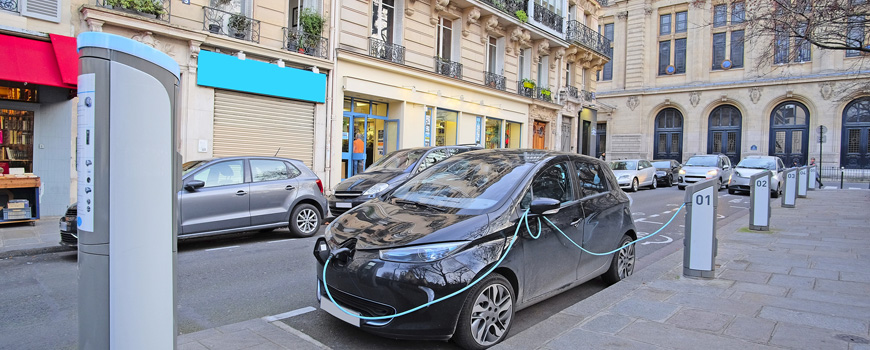
We need to promote electric vehicles by making their use more convenient
Make charging stations more accessible with a system/network of home charging stations sharing via an app. (like AirBnb but for charging stations). That would address the issue of having charging stations in isolated areas. We should design interchangeable batteries so that you don't need to wait for charging. We could also design portable charging stations. Partnership between state and electricity providers company to build charging stations.

We need to implement a retrofitting program to initiate thermal refurbishments.
The retrofitting program will be incorporated as part of the Department of Housing or Environment, with a phone advice line and website. There would be a 6-8 months certification program (Green Retrofitting) fro the young an unemployed people to train them to make these changes and create a labour pool ready to begin working on the 60-70% of housing that needs work. This would create lots of well-paid jobs while lowering cost of labour.
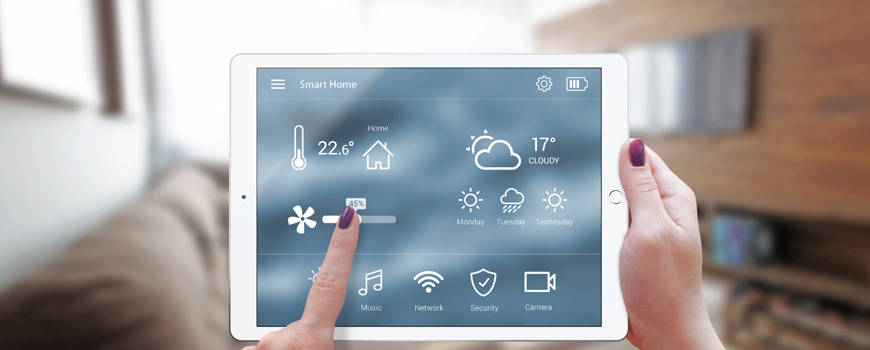
We need to implement subsidies for smart meters, which incentivise the house owners to install them.
Many people rent their appartement/house. An installation of a smart meter would be a hard hit in their budget, hence the house owners should be responsable for the installation. In order to incentivise them to do so, they should receive subsidies by governments.

We need to increase the practice of car sharing
Have car-sharing subscriptions attached to other public transport subscriptions for ease and flexibility of access.
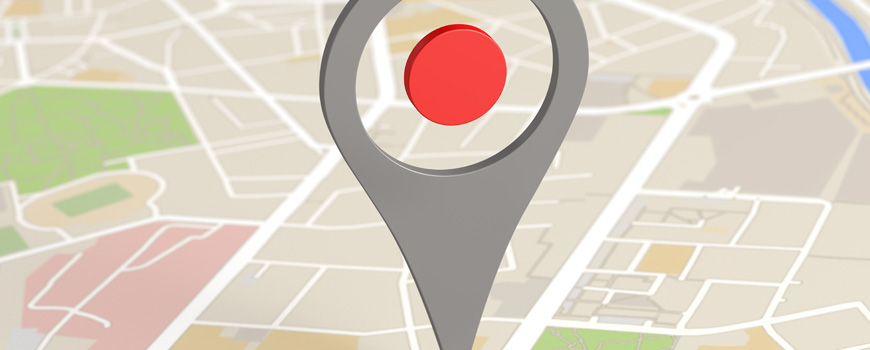
We need to implement low carbon "last kilometre" deliver solutions within cities
Truck traffic is responsible for an important part of the pollution in Europe. Furthermore, and particularly within cities, it contributes to road congestion. The creation of logistic hubs just outside cities to take delivery of goods and the use of low carbon solutions (such as sustainable hydrogen and/or electric vehicles) to deliver within the city itself would reduce both issues. Such a measure could also have a positive impact on noise pollution.




